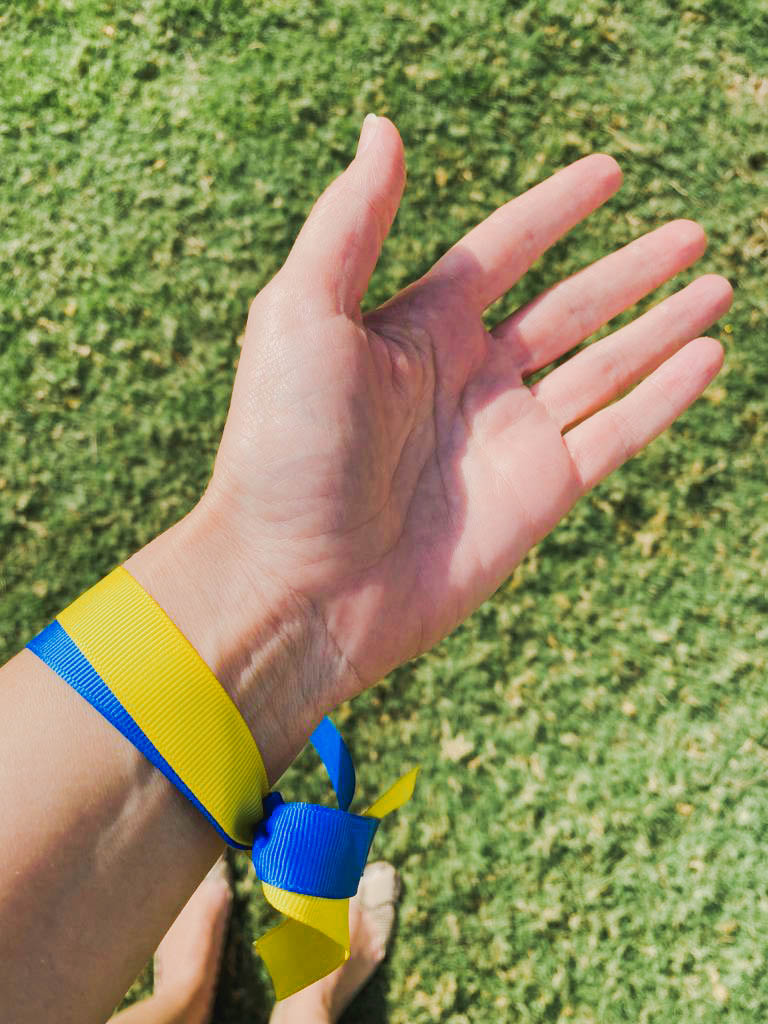The older I get the more I need and value sleep. I can no longer function with just a few hours of sleep—and neither do I want to! Summer is often the time when life slows down a bit and we can sleep longer in the mornings. We may even go to bed a bit earlier than usual if we are kind to ourselves.
Poor sleep does not only make us feel tired, it has a negative impact on our mood, concentration, and ability to cope with daily challenges. In my experience, when a client reports that their sleep has improved, I know that an important milestone has been achieved in therapy. When sleep improves, everything else starts gradually improving as well. Our quality of sleep reflects our overall well-being.
If good sleep doesn’t come easy to you, here are a few tips to help you sleep better.
1. Relax before going to bed
Use a relaxation technique that works for you. You may need to try out several techniques before you find a good one.
2. Dim the lights and get off your phone a few hours before bedtime
Blue light suppresses the secretion of melatonin and will make it difficult for you to fall asleep. As nice as it is to watch TV just before bed, look for other ways to unwind.
3. Avoid stimulants
Don’t drink coffee, black tea, or other caffeinated drinks after 4 pm. A heavy meal just before bed may disrupt your sleep as well.
4. Avoid alcohol
Alcohol makes you fall asleep but once the alcohol has been metabolized it will wake you up during the night. It also diminishes the quality of your sleep and leaves you feeling tired in the morning. If you use alcohol as a sleep aid, your tolerance will grow and you need to increase the amount you need to drink to drop off to sleep. You may develop an alcohol problem.
5. Tidy your bedroom
Your bed and bedroom should be quiet, welcoming, and relaxing. Clean your room if it is a source of stress.
6. Be careful with naps
Some insomniacs find that keeping the same bedtime schedule and routine, even during the weekends, is helpful. Others don’t find it necessary. However, avoid naps until you sleep well at night. If you must take a nap, nap only for 20 minutes, regardless of whether you have fallen asleep or not!
7. Your bed should be a happy place
Your bed should be used only for sleep and sex. Do not watch TV, work or argue in bed, or even in your bedroom.
8. Get regular exercise during the day
Some people find that cardio at the end of the day makes it difficult for them to drop off to sleep. Get to know your body and what works for you.
9. Set a worry time.
Write down your worries during the day and work on the worries that are solvable. If worries are keeping you awake, write them down and address them the next day. Don’t try to put off addressing the issues! They are keeping you awake for good reason. Tackle them in the morning and sleep well at night.
10. If you are unable to fall asleep in about 30 minutes, get up and do something boring
Keep the lights dim. Do not watch TV or go on the internet. Return to bed immediately when you notice that are tired.
If sleep is still elusive, download our sleep diary here. Keep it for a week and then review it. Do you notice any patterns? Anything the contributed to a good night’s sleep or a really bad one? If you feel that the issue is too big to tackle alone, get in touch with us.
Matleena Vanhanen is a licensed Counselling Psychologist with over 20 years of experience working in Europe and the Middle East. She has a practice of couples and individual therapy at the MapleTree Center in Dubai.
- Matleena Vanhanen, Counseling Psychologisthttps://stg.dcodified.com/aurelia/author/aureliapsychology/
- Matleena Vanhanen, Counseling Psychologisthttps://stg.dcodified.com/aurelia/author/aureliapsychology/
- Matleena Vanhanen, Counseling Psychologisthttps://stg.dcodified.com/aurelia/author/aureliapsychology/
- Matleena Vanhanen, Counseling Psychologisthttps://stg.dcodified.com/aurelia/author/aureliapsychology/

















